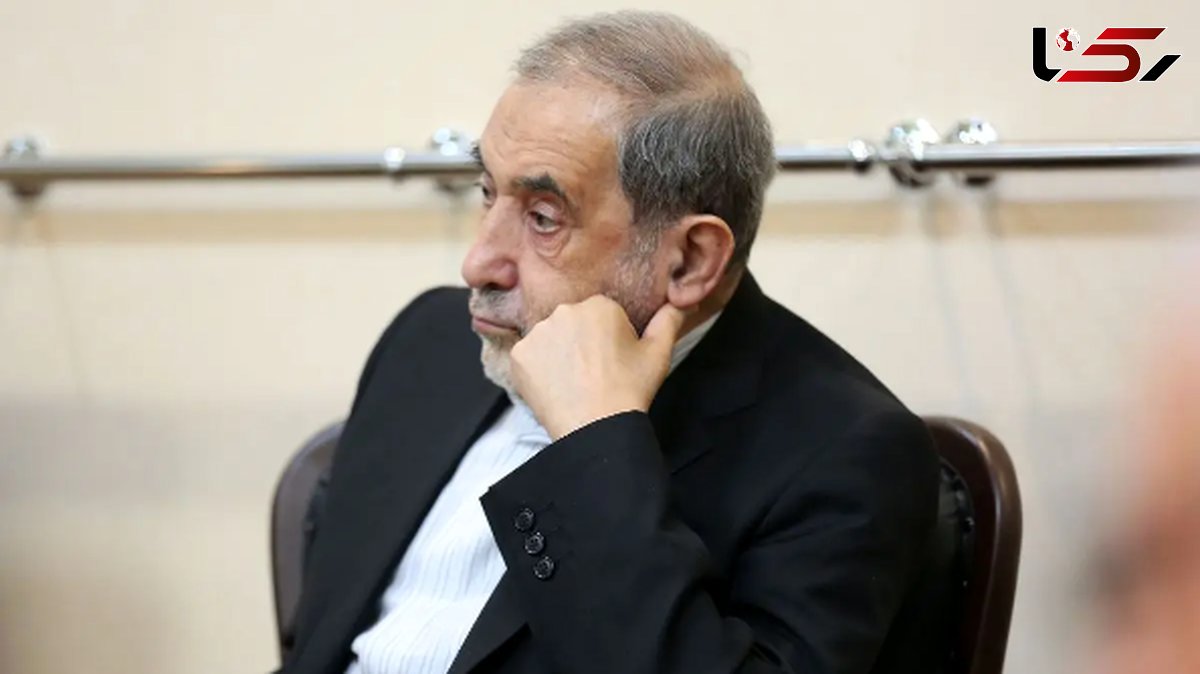Velayati: China Became the World's Leading Power with Patience and Composure
Rokna Political Desk: Ali Akbar Velayati, Senior Advisor on International Affairs to Iran’s Supreme Leader, introduced the Shanghai Cooperation Organization (SCO) as a key actor in the future of the world and praised China’s patience and composure in becoming the world’s leading power.

Velayati described the recent SCO summit as one of the most important meetings in world history and assessed that the organization will play a leading role in determining the future of the world.
According to Rokna News Agency, in response to a question about the international impact of the SCO summit in China, Velayati said that the 25th SCO Summit was held on September 9–10 in Tianjin, China, with the participation of more than 20 non-Western world leaders and the UN Secretary-General. He stated that this summit was the largest and most important compared to previous meetings, and political experts preliminarily consider it one of the most significant international gatherings in world history.
“The Sound of the UN’s Bones Breaking Reached the World”
Velayati outlined three major effects of the SCO summit:
First, “the sound of the United Nations’ bones breaking reached the world,” signaling the beginning of the UN being relegated to history, similar to the League of Nations.
Second, China demonstrated that it is a potential world power and will soon become the actual leading global power.
Third, China showed that with patience and composure, it is quietly countering the footsteps of Trump.
Velayati added that political experts believe Trump followed a path similar to that of Nazi Germany’s leader in the past, who had intimidated the Western world with the outbreak of World War II in September 1939. Historically, the UK, France, and Italy had been major powers but were intimidated by Hitler, and now history appears to be repeating itself. He stated that Trump, without learning from the past, pursued a similar path, which will not benefit him.
He emphasized that Trump’s recent action, the Alaska Agreement—made without consulting his Western counterparts regarding Ukraine—quickly failed at the SCO summit. Velayati further cited Trump’s statements about Putin, the President of Russia, in a September 12 interview, where Trump expressed disappointment and indirectly acknowledged the SCO leaders’ opposition to the U.S.
Trump’s Disregard for Europe
Velayati noted that Trump’s policies aimed to create a bipolar world, similar to post-Yalta 1945, acting without European coordination. Trump collected significant funds during his Gulf visits and, as he previously claimed in debates with Hillary Clinton, acted unilaterally in Middle Eastern affairs. European allies were often humiliated, and none dared to oppose Trump’s international maneuvers, prompting measures like the so-called “snapback mechanism” at the UN Security Council.
He explained that Trump disregarded European concerns regarding Ukraine, advocating that Russia’s annexations, including Crimea and territories captured during the recent war, be accepted, contrary to European interests.
Repetition of Hitler’s Actions
Velayati argued that Trump’s behavior mirrors Hitler’s pre-WWII violations of agreements, including the 1938 Munich Pact with England, France, and Italy, the non-aggression pact with the Soviet Union on August 23, 1939, and subsequent military aggression.
He mentioned that French President Macron recently met with 33 European countries, resulting in 26 nations agreeing to send forces for Ukraine’s security, highlighting Trump’s failures.
Iran, China, and Russia in SCO
Velayati emphasized the essential roles of China, Russia, and Iran in the SCO. China’s President Xi Jinping, after years of governance, achieved substantial results, even engaging Indian Prime Minister Narendra Modi in Beijing, despite Trump previously criticizing Modi for buying Russian oil.
He noted that India, with its ancient civilization and significant population, resisted U.S. pressure, and the SCO has reached valuable outcomes faster than the West anticipated, positioning itself to determine the world’s future.
Future Global Dynamics
Velayati explained that the SCO, along with BRICS, forms a coalition of China, Russia, Iran, South Africa, Brazil, and India. The future world will differ significantly from the past. Trump’s failure was evident at the recent Paris summit, where 26 countries agreed to send international forces for Ukraine. Russian spokeswoman Zakharova sharply criticized Trump, emphasizing that the U.S. should focus on its domestic crises.
Iran’s Promising Future
Velayati concluded that Iran, with a cohesive leadership under Supreme Leader Ayatollah Khamenei, is well-positioned for the evolving international landscape. He highlighted Iran’s historical and moral strength, referencing Quranic examples of just and constructive leadership, including the story of Dhul-Qarnayn, which some scholars associate with Cyrus the Great. He recounted Cyrus’s campaigns, his role in constructing dams, and liberating Jerusalem, underscoring Iran’s historical legacy of leadership and justice.
Finally, Velayati cited Western historians praising Iran’s civilization for establishing an enduring empire 2,500 years ago under leaders like Cyrus, in contrast to Greek disunity.
Send Comments